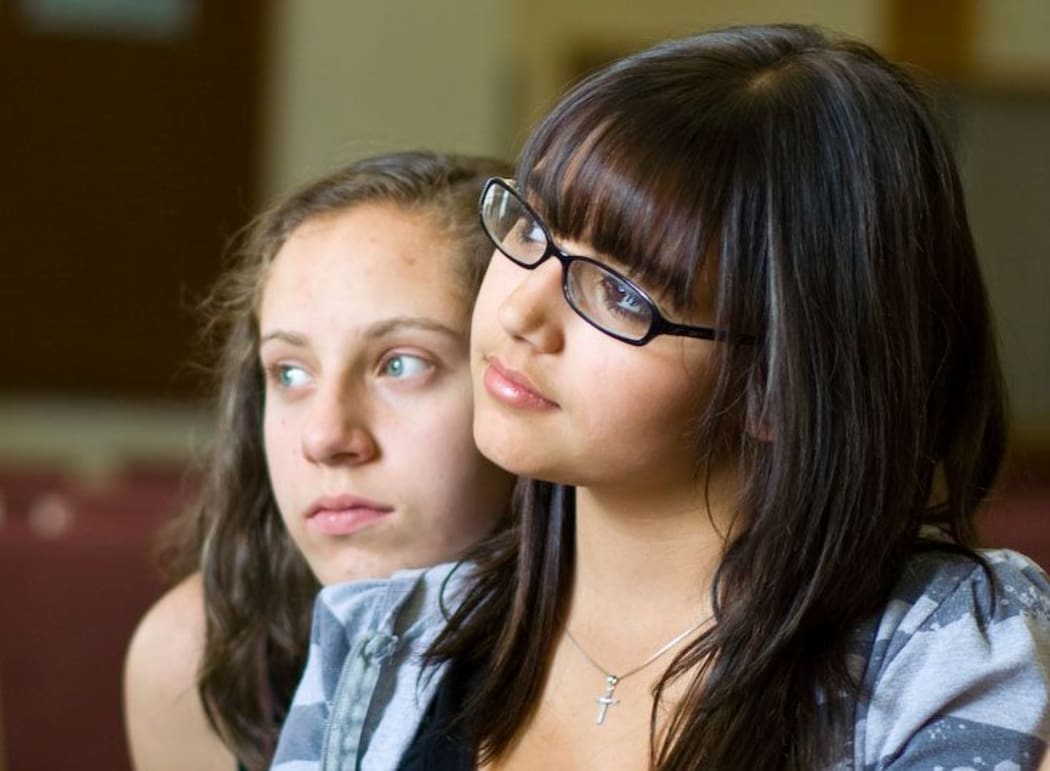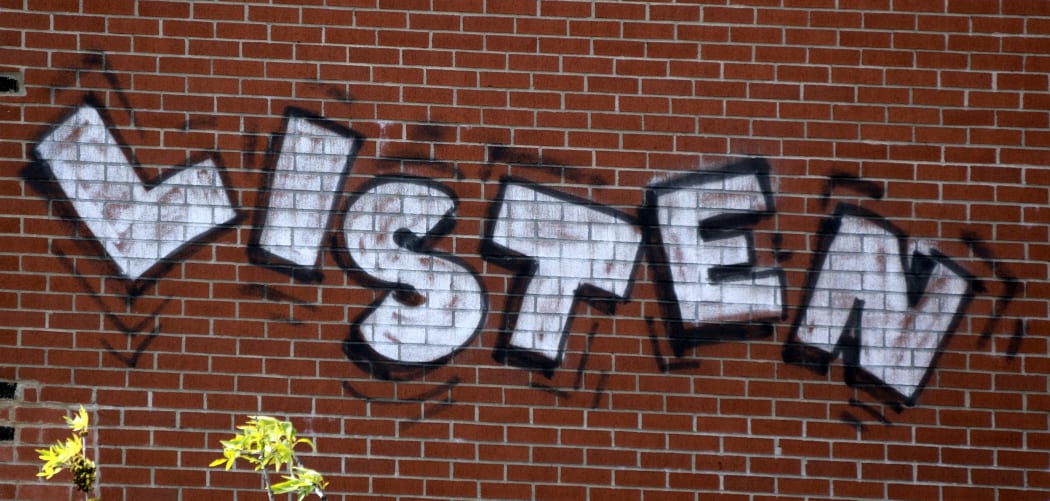What do dancers, teachers, therapists and community organisers have in common?
According to democratic theorist Emily Beausoleil, they’re a special breed of what she calls ‘Master Listeners’. They are experts who have mastered the art of communicating and receiving ideas in their respective fields – something the rest of society desperately lacks.

The art of good listening. Photo: CC BY-NC 2.0 Michael J / Flickr
In a three year Massey University study, which received a $300,000 Marsden Fund Fast-Start grant in November 2016, Dr Beausoleil is trying to challenge the way we talk to each other in our society, and said people were becoming more and more isolated.
“There’s a lot of talk in politics about how voice is crucial - we all have a right to a voice. But there’s very little study about who’s listening. There seems to be many voices shouting over each other trying to be heard, but there isn’t a lot of emphasis on the end of that dynamic – who isn’t listening and who should be.”
After working for several years with those outside the realm of politics, Dr Beausoleil realised there was a specific skillset employed by artists and interpersonal professionals that required a finely-tuned form of openness and listening. This became the focal point of her study.
“Instead of focusing on marginalised trying to be heard, I decided to focus on those master listeners - those who are really good at being receptive and quick on their feet. To do their job well they have to be exceptional listeners, and practice receptivity and responsiveness.”

Telling it as it is. Photo: CC BY-NC-ND 2.0 Andre Vandal / Flickr
Studies have shown the human brain will shut off blood flow to the frontal lobe when a person is confronted by new ideas that make them uncomfortable, making it at times impossible to have open and constructive debate.
Artists, like contemporary dancers who use their bodies to communicate with each other and with an audience, are able to subvert this process.
“One of the big insights is that performers or artists generally, when they are excellent at what they do, are in on the secret that the most powerful way of getting your point across is to be subtle, indirect, go around the back. They’re able to us symbolism, physical movement and music to communicate in a way that doesn’t shut us down.”
By bringing artists to sit down with other Master Listeners to collaborate and share ideas, Dr Beausoleil is hoping to translate their skills into the socio-political context, to help design a democratic process where everyone has a voice, and is heard.
Listening in action
Paediatrician Innes Asher, from the Child Poverty Action Network and the University of Auckland, believes that better listening might help solve some of society’s pressing problems, such as rising wealth inequality and growing child poverty.
She says that an ability to listen to other points of view would help move the conversations about these issues forward.

